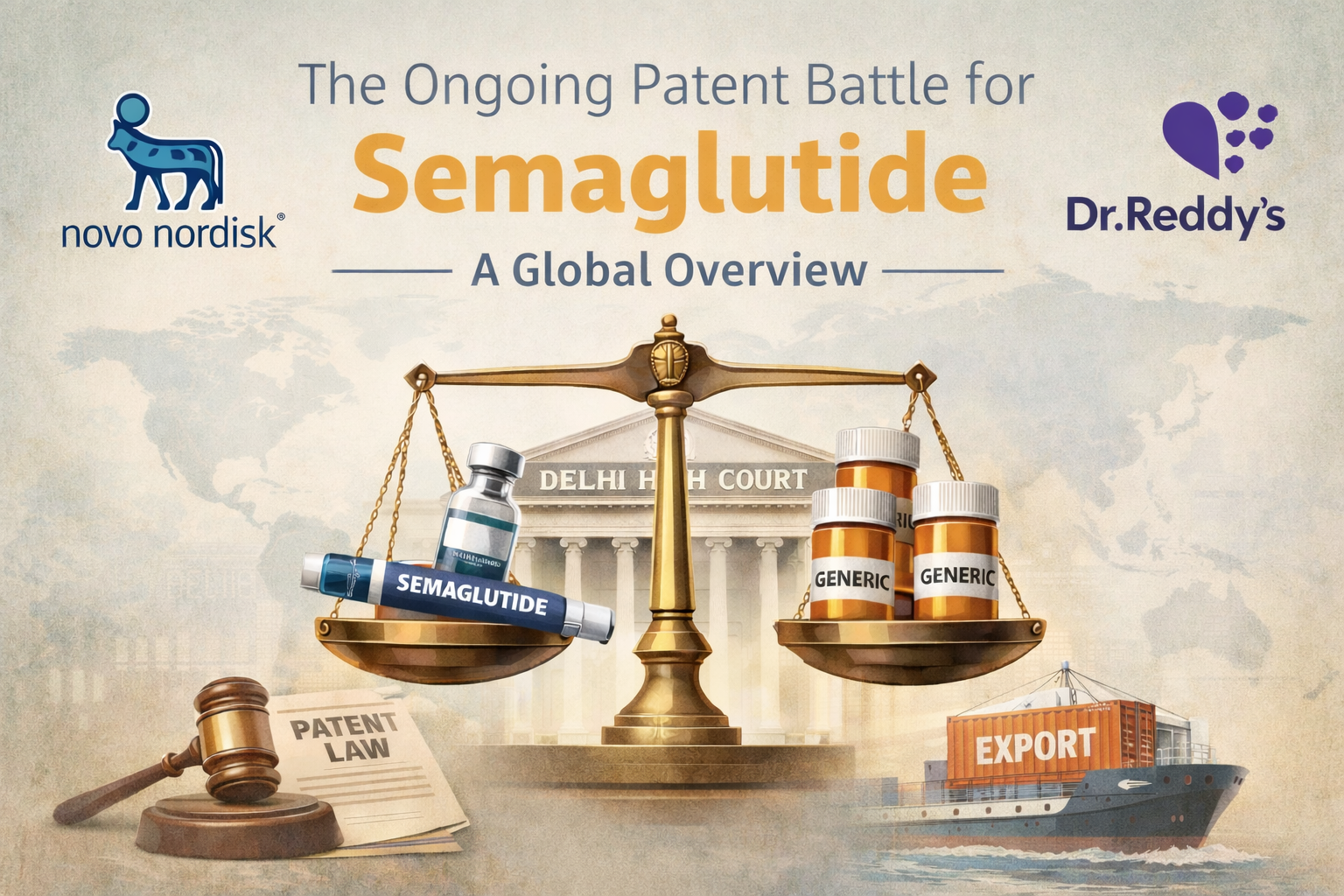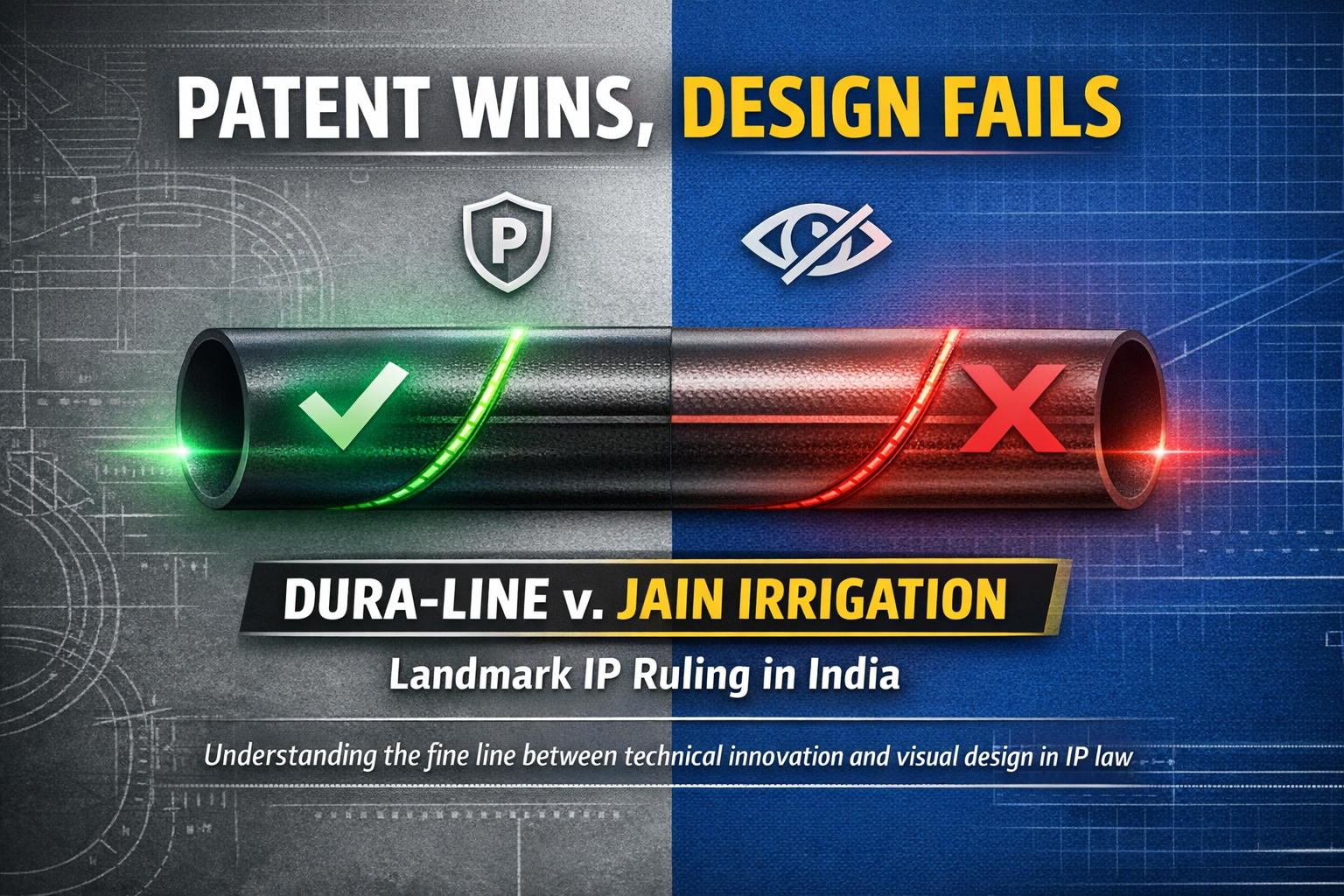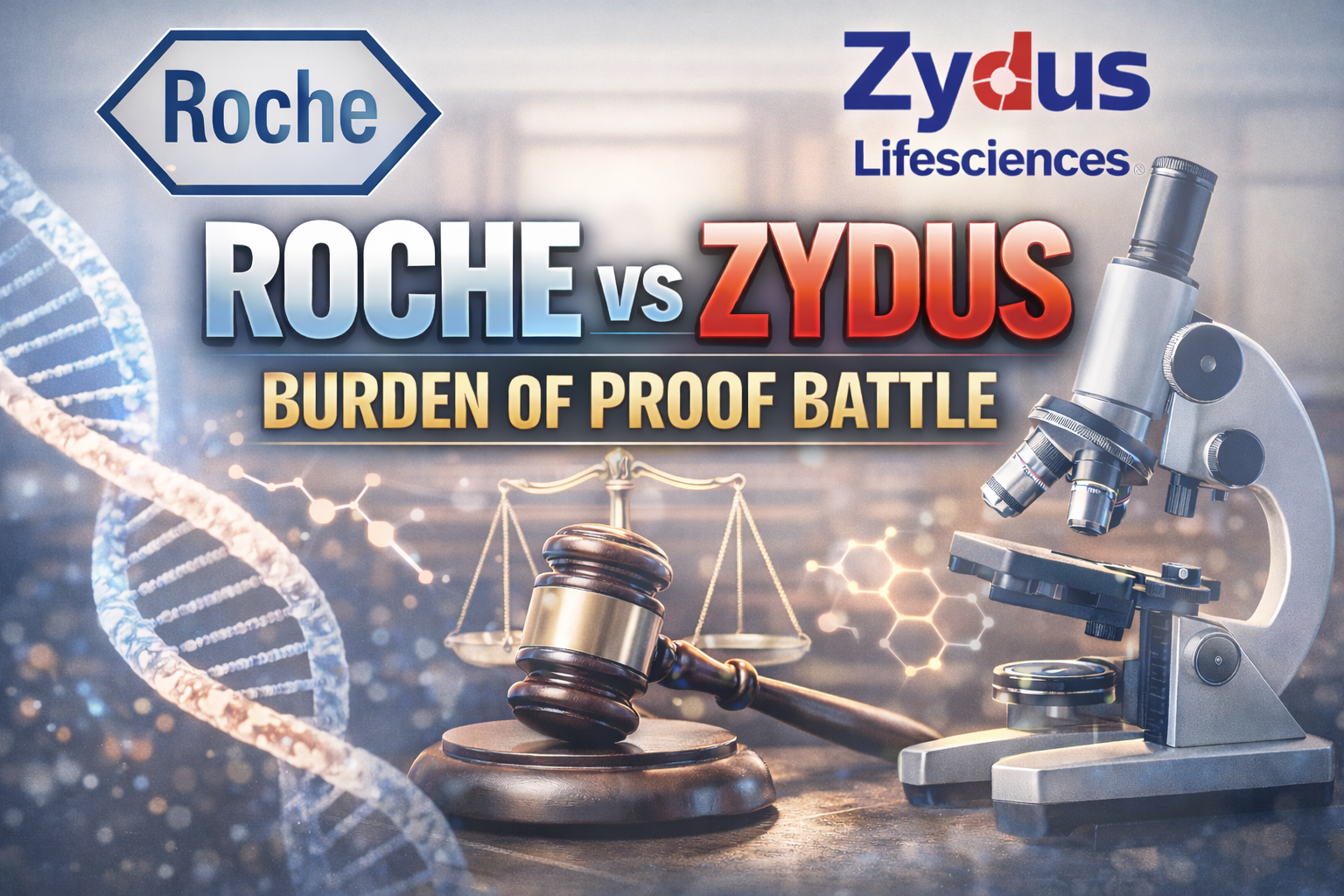
INDIA’S FIRST AI COPYRIGHT LAWSUIT: ANI VS CHATGPT
INTRODUCTION
In a significant development in India’s legal landscape, the Delhi High Court is currently deliberating on a pivotal case involving OpenAI’s ChatGPT. The case centers on allegations by the Indian news agency ANI (Asian News International), which claims that OpenAI utilized its copyrighted content without authorization to train its AI model. This lawsuit marks a crucial moment in the intersection of technology, copyright law, and international jurisdiction.
According to ANI, their exclusive news articles and reports were used to train ChatGPT’s AI algorithms, raising serious concerns about intellectual property rights and unauthorized data usage. This case is particularly noteworthy as it represents one of the earliest legal challenges in India addressing the complex intersection of artificial intelligence technology, copyright law, and international jurisdiction. The outcome of this litigation could set important legal precedents for how AI companies’ source and use content in the future, not just in India but globally. It underscores the growing need to balance rapid AI advancements with the protection of original content creators’ rights. As the court deliberates, stakeholders across technology, media, and law are closely monitoring the proceedings for implications on AI regulation and copyright enforcement.
THE CRUX OF THE DISPUTE
In November 2024, Asian News International (ANI), a leading Indian news agency, filed a lawsuit against OpenAI in the Delhi High Court. ANI alleged that OpenAI used its copyrighted news content without permission to train ChatGPT. The agency claimed that OpenAI unlawfully stored ANI’s published materials and used them to develop the AI model, which can generate responses that closely copy or summarize ANI’s original work. ANI argued that this practice constitutes a clear violation of its copyright under Indian law. This lawsuit is significant as it represents the first time an Indian news organization has taken legal action against OpenAI for copyright infringement. It also reflects a growing global trend where authors, musicians, news outlets, and other creators accuse technology companies of using their copyrighted materials to train AI models without obtaining licenses or paying for the use of their content. The case could have important implications for how Indian courts interpret copyright law in the context of AI training and might influence future regulations on data usage by AI companies in India. Currently, the lawsuit is pending, and the court will have to consider whether the training of AI models using copyrighted materials amounts to infringement or falls under exceptions like fair use. The outcome could shape the legal landscape for AI development and content rights not only in India but around the world.
LACK OF TRANSPARENCY IN AI TRAINING DATA:
One of the key issues exacerbating the conflict is the opacity around the data sources used to train large language models. Many AI companies, including OpenAI, do not disclose specific datasets, often citing proprietary concerns. This lack of transparency complicates the enforcement of copyright laws, as content creators cannot easily identify if and how their materials have been used.
OPENAI’S DEFENSE: JURISDICTION AND LEGAL OBLIGATIONS
OpenAI has contested the Delhi High Court’s jurisdiction over the case, OpenAI’s central argument is that the Delhi High Court does not have jurisdiction over it, as it is a U.S. based company with no physical presence in India. The company points out that it has no offices, employees, or servers in India, and its operations including the development and deployment of ChatGPT are entirely based in the United States. From OpenAI’s perspective, the appropriate forum for any legal claims against it would be the U.S., where it is incorporated and governed by domestic laws. The company also raises concerns about conflicting legal obligations. It argues that complying with ANI’s demands such as removing content or altering its training data could violate U.S. legal requirements around data retention. In American law, entities involved in litigation are often required to preserve all potentially relevant data. If OpenAI were to delete or change its data in response to an Indian court order, it might face legal consequences in the U.S. for spoliation of evidence, which refers to the improper destruction or alteration of evidence. OpenAI further contends that being globally accessible does not mean it is specifically targeting Indian users and therefore should not automatically be subjected to Indian jurisdiction simply because its service is available in India.
On the other side, ANI and many Indian legal experts argue that Indian courts have both the right and the responsibility to hear the case. They invoke the “effects doctrine,” which allows courts to assert jurisdiction over foreign entities if their actions cause harm within the country. ANI claims that OpenAI’s use of its copyrighted content without permission has caused reputational and financial damage within India, and that’s sufficient to establish legal grounds. ChatGPT is widely accessible in India and used by Indian users, which further supports the argument that its impact is local. Indian courts have a track record of asserting jurisdiction over global tech companies like Google, Facebook, and Twitter in cases involving data privacy, defamation, and intellectual property rights. This demonstrates that physical presence is not a strict requirement under Indian law when the harm or the cause of action arises domestically. Under Section 20 of the Civil Procedure Code, if any part of the cause of action arises within Indian territory, the courts can take up the case. Since ANI operates in India and alleges that the damage occurred there, the Delhi High Court has a strong procedural basis for jurisdiction. Moreover, despite the absence of a formal business office in India, OpenAI’s digital footprint, ease of access to its services for Indian users, and the possibility of revenue generation from this user base could be seen as indicative of it engaging in business activities within India. This further reinforces the argument for establishing jurisdiction. In a digital world where international platforms regularly affect domestic entities, the Indian judiciary sees its role as ensuring that such global companies remain accountable when their actions lead to local harm.
BROADER IMPLICATIONS: AI, COPYRIGHT, AND JURISDICTION
This case is not an isolated incident but part of a global trend where authors, news outlets, and other content creators are challenging the use of their works in training AI models without permission. In India, the Federation of Indian Publishers, representing major publishers like Bloomsbury and Penguin Random House, has filed a similar lawsuit against OpenAI, seeking to prevent the company from using their copyrighted content without licensing agreements.
CONCLUSION
The legal dispute between ANI and OpenAI in the Delhi High Court represents a landmark moment in the evolving interface between artificial intelligence, copyright law, and global digital governance. At the heart of the case lies a fundamental question: can AI companies freely use publicly available content, including copyrighted material, to train their models without explicit permission or licensing. ANI’s lawsuit challenges this practice and could set a precedent for how courts in India and potentially worldwide-view AI training data and copyright infringement. OpenAI’s jurisdictional defense highlights the complexities of enforcing national laws against global tech entities operating across borders. The case brings into sharp focus the need for clear legal frameworks around the use of data in AI development and raises important questions about content ownership, fair use, and the responsibilities of AI developers. The outcome could have lasting implications for both creators and AI companies. If ANI succeeds, it could result in tighter content licensing regulations in India and potentially shape similar regulatory actions in other jurisdictions. Conversely, a ruling favoring OpenAI might encourage more expansive use of online data for AI training. Either way, this case will likely serve as a pivotal reference point in the global debate on AI and intellectual property rights.




Leave a Reply